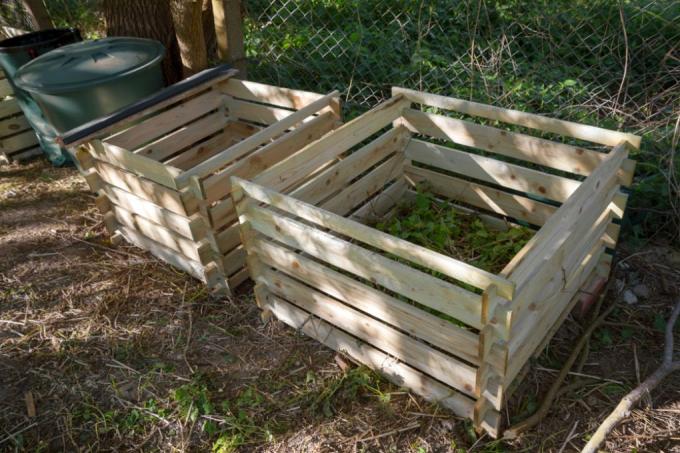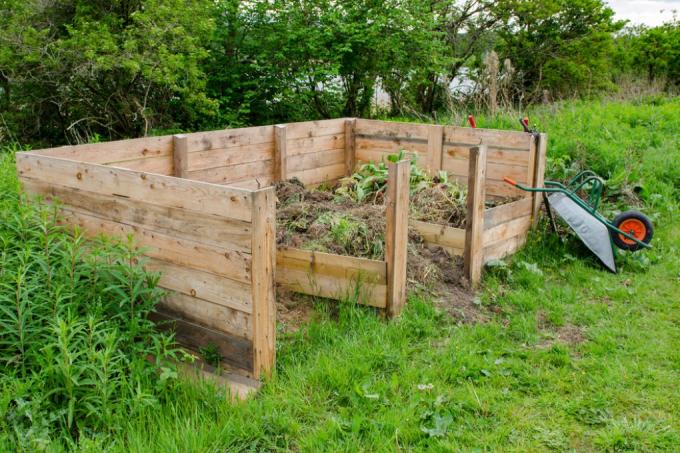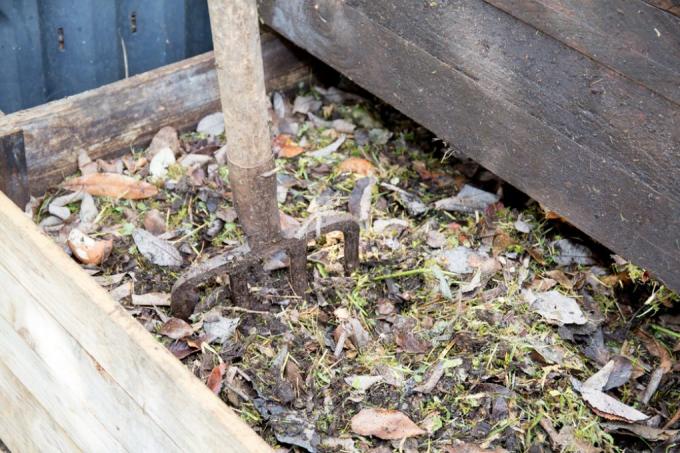AT A GLANCE
What do I have to watch out for when I fill my composter?
When filling a composter, you should use a balanced mix of kitchen and garden waste, for optimal moisture, Pay attention to the temperature and oxygen supply and regularly mix or turn the compost to avoid unwanted processes.
That goes in the compost
If you have one create compost, a diverse mixture of different types of waste is recommended. These ensure a balanced composition of nutrients and should be structurally varied. Mixtures of kitchen and garden waste that are dry and wet are good. A one-sided filling with fruit, cuttings or prunings is negative.
also read
Good mixes:
- Leftover fruits and vegetables with lawn clippings
- Coffee powder and tea bags with leaves
- Banana and citrus peels in small amounts
- Weeds, eggshells, crop residues and pure wood ash
Pay attention to optimal conditions
Bacteria, fungi and animals that decompose the organic waste have high demands on the environmental conditions. Undesirable processes take place on an incorrectly created compost.
humidity
Small animals, bacteria and fungal spores need a moist environment to survive. The right balance is crucial, because other creatures feel comfortable in substrates that are too wet than in fresh material. To promote a balanced environment, you should place the compost bin in a semi-shady place and protect it from rain with a cover. Excess moisture seeps through the open floor. Water the contents if they dry out in too hot summer months.
temperature
Soil fauna needs warm conditions for active metabolism. Hot temperatures quickly develop in the composter, under which the composting processes run optimally. In order to ensure these requirements, the correct insulation of the containers is an advantage. A wind-protected location, which is occasionally illuminated by the sun, also proves to be favorable for the right one compost temperature.
oxygen
The microfauna involved in the decomposition processes live under aerobic conditions. These decomposers need oxygen for their metabolism. Too heavily compacted and wet substrates do not ensure optimal oxygen supply. Then anaerobic microorganisms appear, which you can recognize by the typical smell of sulphur. You can prevent this reversal by regularly mixing or turning the compost heap.











